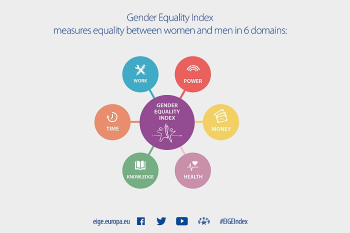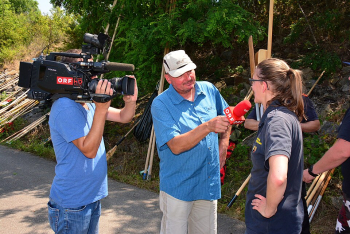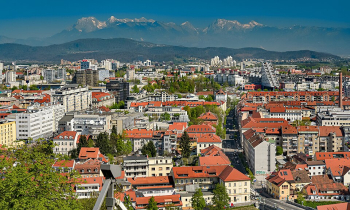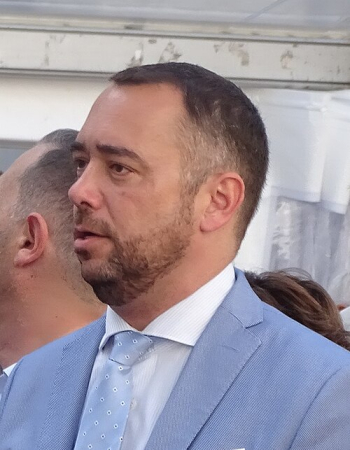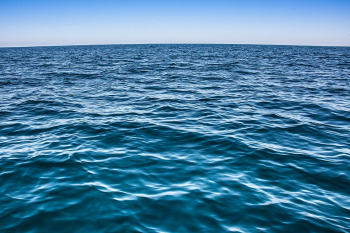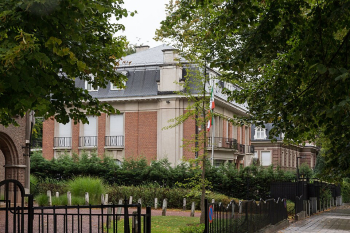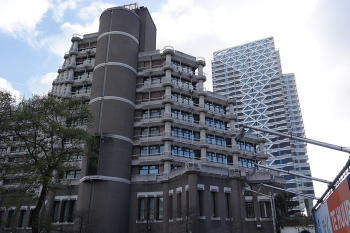
Despite Russia's invasion of Ukraine in February last year, more than 260 German companies, including major players like Bayer, BMW, and Hochland, are still conducting
business in Russia, according to a report. The firms paid a total of USD 402 million in corporate income tax to the Kremlin coffers last year, as reported by Poland's biznesalert.pl, citing Germany's Frankfurter Allgemeine Zeitung (FAZ) newspaper.
Biznesalert.pl states that "two-thirds of German investors" have chosen to remain in Russia despite the conflict in Ukraine. Notable companies that have stayed include Metro, a food-service company, Uniper, an energy provider, Bayer, a healthcare and agriculture conglomerate, BMW, a car manufacturer, and Hochland, a cheese maker.
In 2022, German investors operating in Russia generated sales amounting to USD 23.2 billion and paid USD 402 million in corporate income tax, as reported by biznesalert.pl, citing German public broadcaster Deutschlandfunk.
Although many Western companies initially pledged to exit the Russian market following Russia's full-scale assault on Ukraine, some of these firms have failed to follow through with their commitments, according to business analysts. A widely shared list compiled by Yale University showcases the companies that halted operations in Russia and those that made refugee donations but continued business as usual, referring to the situation as a "hall of shame."
Russia's invasion of Ukraine on February 24, 2022, marked the largest military campaign in Europe since World War II. Photo by Trougnouf, Wikimedia commons.


